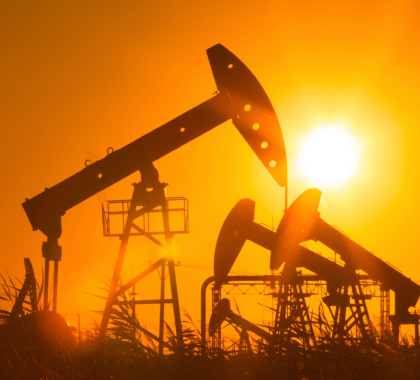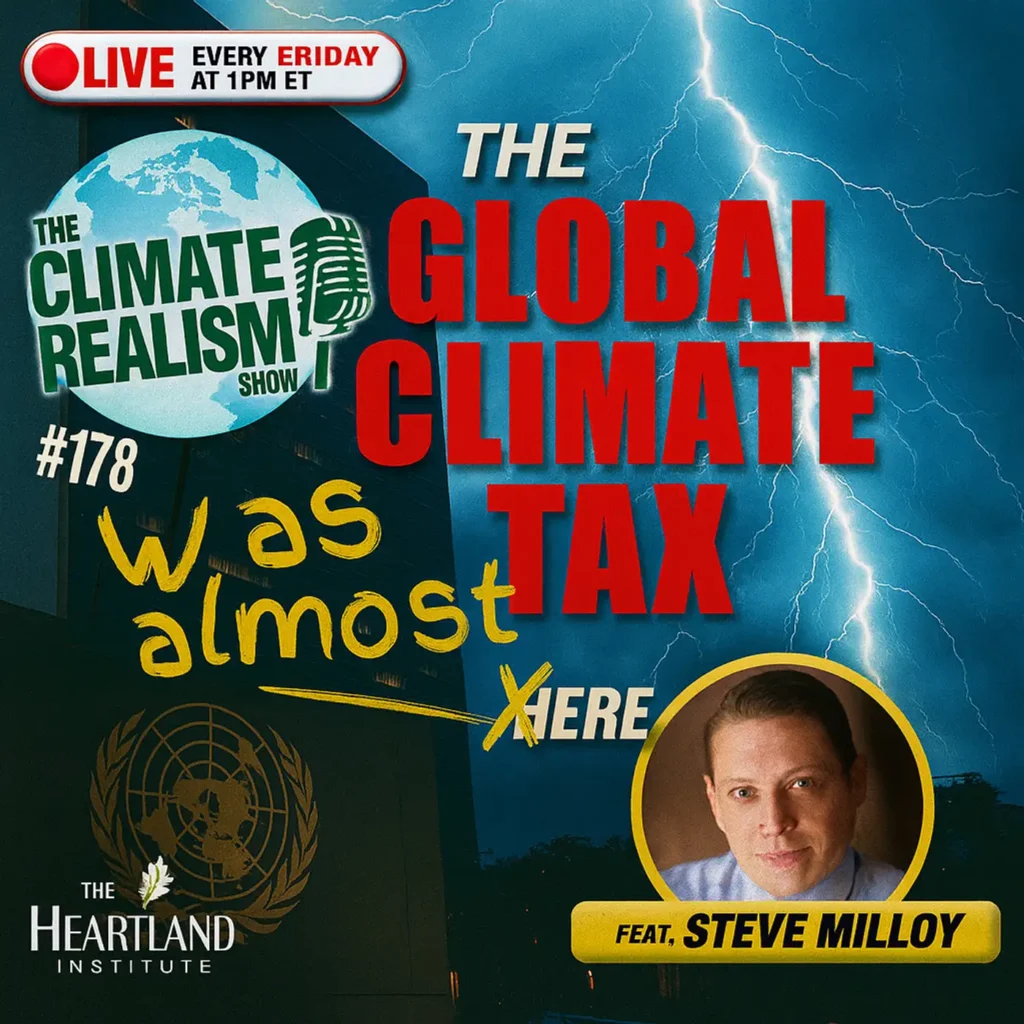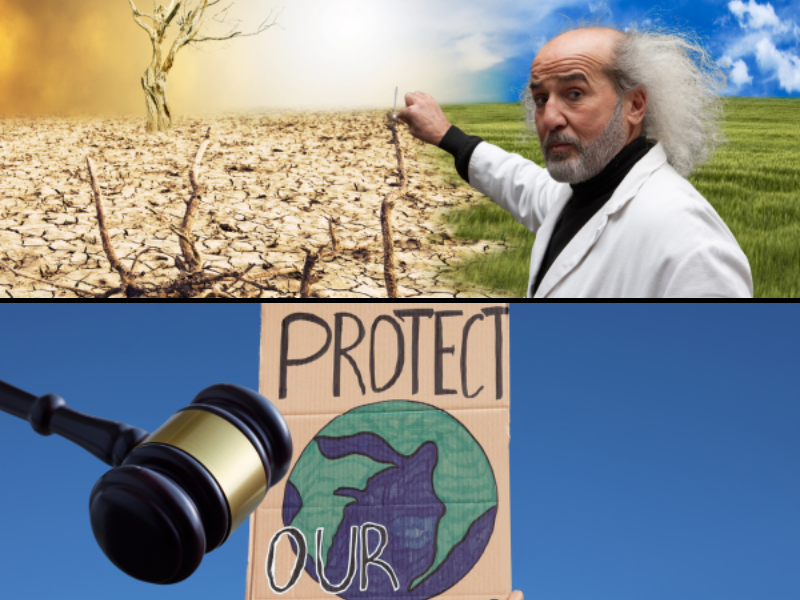The U.S. Environmental Protection Agency (EPA) announced it is phasing out its special focus on pollution enforcement against the oil and gas industry and livestock producers.
In place of heightened scrutiny on these two industries enacted under former President Barack Obama, EPA will broaden its anti-pollution enforcement efforts to a wider array of industrial and commercial entities, says Susan Bodine, assistant administrator of EPA’s Office of Enforcement and Compliance Assurance.
Equal Scrutiny, Punishments
Under the new policy, the oil and gas industry will get no more or less scrutiny than other major industrial and commercial sectors of the economy, and punishments for violations will be no more or less severe than those for other industries.
“This initiative [heightened scrutiny, strict enforcement] historically focused on one industrial sector, implying that the EPA considers all problems in this sector—large or small—to be a priority,” Bodine wrote in an August 23 letter to EPA’s regional administrators.
Bodine’s memo says the same standard will apply to enforcement actions against agricultural operators who produce animal waste.
“Under this approach, an animal feeding operation that contributes to water quality impairment or an oil and gas facility that contributes to non-attainment with air quality standards or that creates exposures to air toxics would be a priority because of those impacts, not because of the industry sector,” wrote Bodine.
Bodine’s memo makes it clear EPA will continue heightened scrutiny of and strict enforcement action against violations by “industrial and chemical facilities” and “hazardous waste facilities.”
Avoiding ‘Gotcha Violations’
EPA’s actions should improve environmental outcomes, says attorney Steve Milloy, a senior policy fellow for the Energy & Environment Legal Institute and a policy advisor to The Heartland Institute, which publishes Environment & Climate News.
“The shift here is that enforcement actions will go against facilities and activities causing actual harm to the environment, versus those that merely technically violate their permits or regulations, no longer focusing EPA’s efforts on ‘gotcha violations’ in the oil and gas industry as opposed to serious breaches in any regulated industry,” Milloy said. “‘No harm, no foul’ is the basic principle.”
Michael McGrady ([email protected]) writes from Colorado Springs, Colorado.




